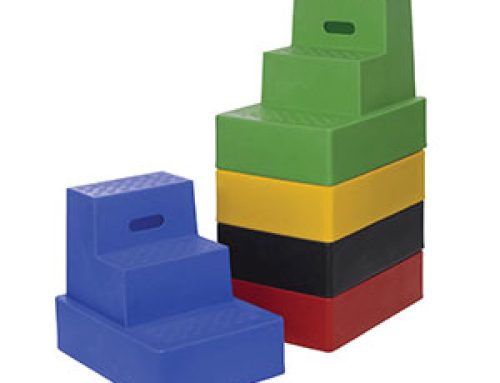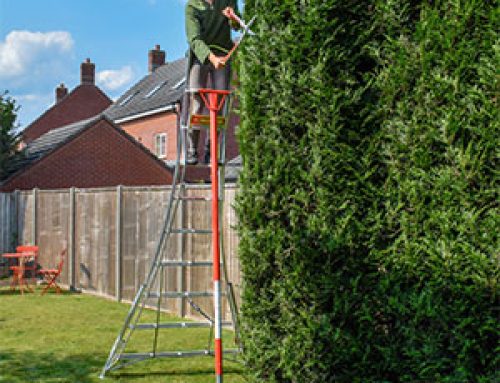Some time ago we brought you the story of the mountainside villagers in Atulie'er, China, who had been relying on rattan ladders to get to school and to trade supplies with the people living below. After several fatal accidents and near-misses the authorities replaced the precarious homemade ladders with metal ones, fixed firmly into the mountainside, to make the perilous journey less dangerous.
Now, four years on from the installation of the new metal ladders, 84 households are moving down to ground level to a new community being built as part of Xi Jinping's plans to eliminate poverty, and the move has been welcomed by lots of the villagers. Pregnant women and children are most at risk using the ladders, so they are among the first to move to the new community, while around 30 households will stay put and work in tourism, encouraging visitors to learn about, and experience life in a mountain village.
The metal ladders will make it safer and easier for residents and tourists alike, although the future of the village is uncertain; the tourist industry is taking a real battering at the moment and travel to China is the last thing on many people's minds. If the downsized Atulie'er relies solely on tourism to survive it may become untenable as a settlement, and the remaining residents relocated to newly built communities.
In the mountainous Sironko District of Uganda, mountain dwellers are also being provided with a metal ladder and walkway to make their climb up and down much easier. Relying on trade with nearby settlements means the residents must make the journey regularly to access trade, education and healthcare, so despite the once-perilous trek they had no choice but to make their way down the winding slopes and wooden ladders. These rickety ladders caused the death of a child on their way to school, as well as a person in need of medical attention, who was being carried down the mountainside. The new ladders will minimise the risks of this journey while allowing residents to retain their way of life and traditions.
The new ladders will make a huge difference in the lives of these villagers, and by improving access general health will improve, there will be more opportunity for socio-economic advancement, and they do not have to leave their traditional land for the sake of better opportunities for growth. Expected to last for at least 25 years before any replacements are made, the new metal ladders and walkways could help save this village from going the same way as Atulie'er and provide hope for the local population.
Ladders to access dwellings were very common in Africa as modern humans were evolving – evidence has been found of people carving ladders out of a single tree trunk or branch, with footholds notched into each side. These early ladders revolutionised the way people lived in hilly and mountainous areas, as they provided access to natural and/or manmade caves which offered superior protection against the huge predators that roam the African wilderness. Evidence of the same technology has also been found in other parts of the world, lending weight to the theory that early man was able to travel around the world much more than we ever thought possible, using ladders as they went.






Leave A Comment
You must be logged in to post a comment.